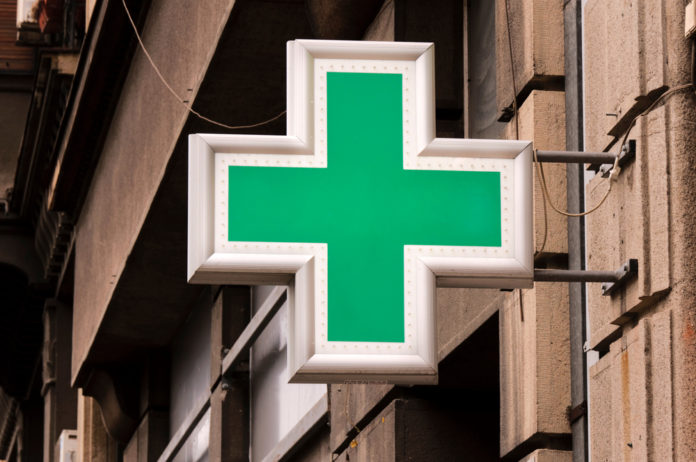The “Safe Harbor” program allows for qualifying patients in Pennsylvania to access medical marijuana before the state’s program is up and running.
Last year, Governor Tom Wolf signed Senate Bill 3 to legalize the use of medical marijuana in Pennsylvania. While that was great news for patients, the program is not expected to be serving those in need of relief until May of 2018. So what exactly are patients supposed to do in the meantime?
Pennsylvania’s “Safe Harbor” program offers a temporary solution. Safe Harbor allows for qualifying patients to obtain medical marijuana from other states until Pennsylvania’s program takes effect. There are 17 conditions that qualify for medical marijuana Pennsylvania including chronic pain, PTSD, epilepsy, and cancer.
Currently, there are 294 patients that have been accepted into the Safe Harbor program. Angela Sharrar is among those approved and acquires medical marijuana to administer to her 13-year-old daughter Annie, who suffers from epilepsy and autism.
In many instances, parents are often faced with a difficult choice of accessing marijuana illegally or following the law and being unable to help their children. Of course, many parents take on the risk but the situation can become stressful.
“It’s just really a nice umbrella to be under,” Sharrar said according to PennLive, “and know you’re legally covered in case something arises.”
According to Sharrar, it was not a difficult process to obtain the acceptance letter from Safe Harbor.
“I sent all that to the Department of Health and in two or three months I received the Safe Harbor letter,” Sharrar said. “If I didn’t have Safe Harbor and was treating Annie with oil and was arrested in some county that doesn’t recognize that the law was passed, I would have a drug charge on my record.”
A drug conviction would make her ineligible to obtain medical marijuana for her daughter once dispensaries are operational.










